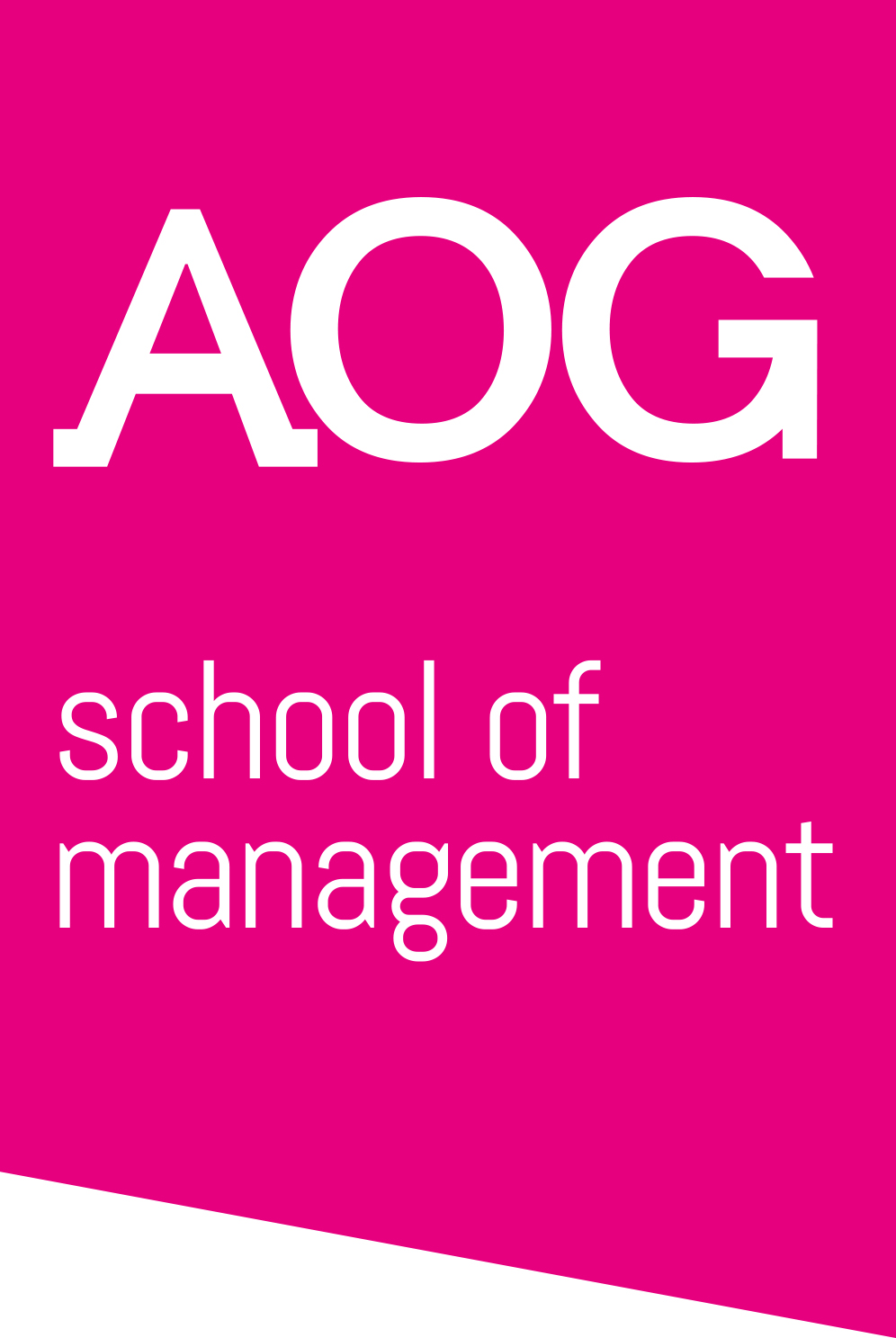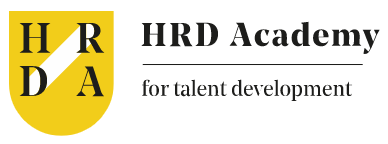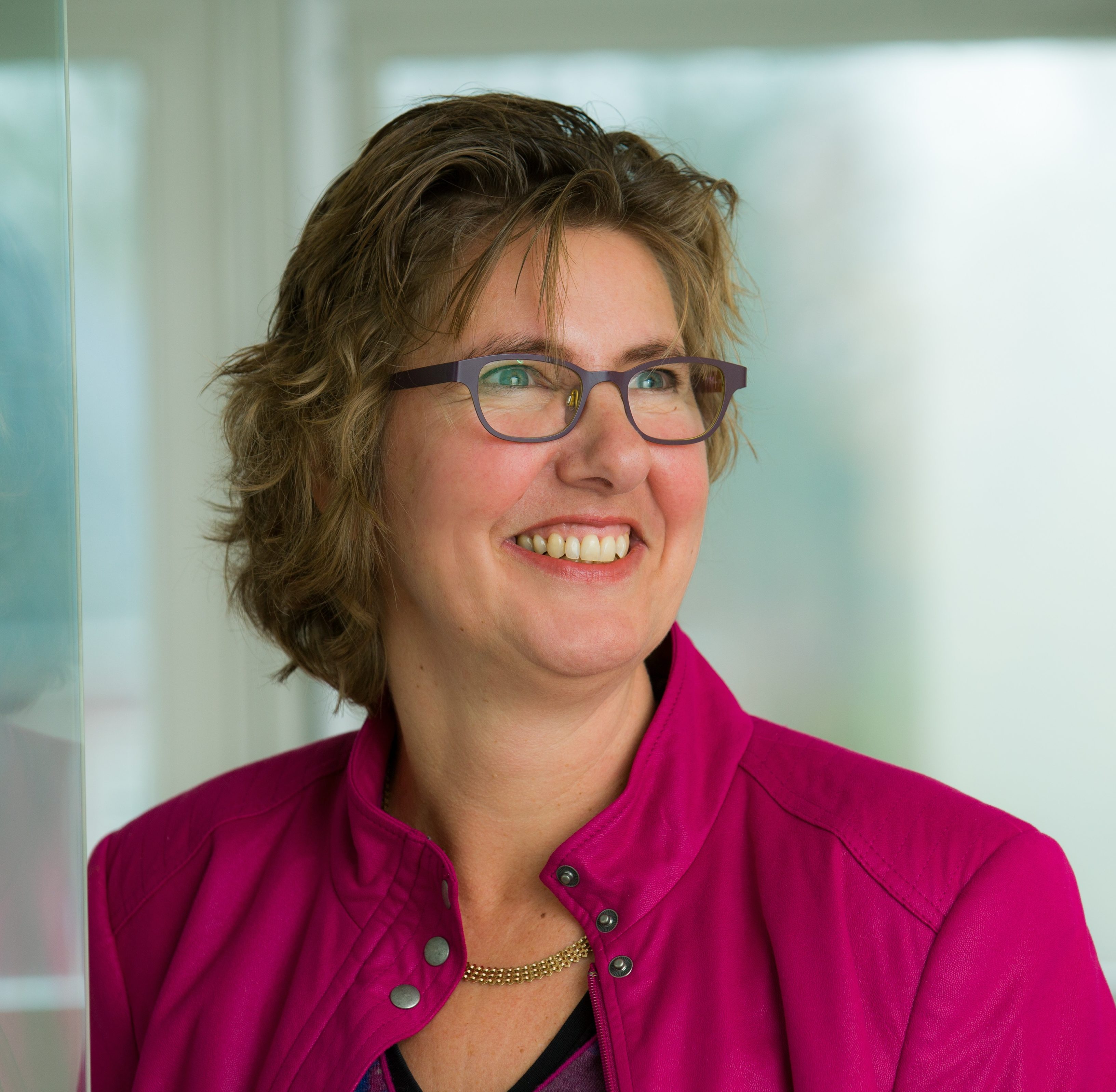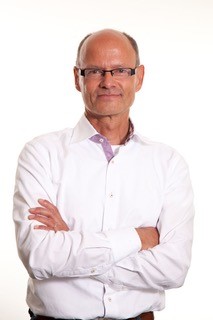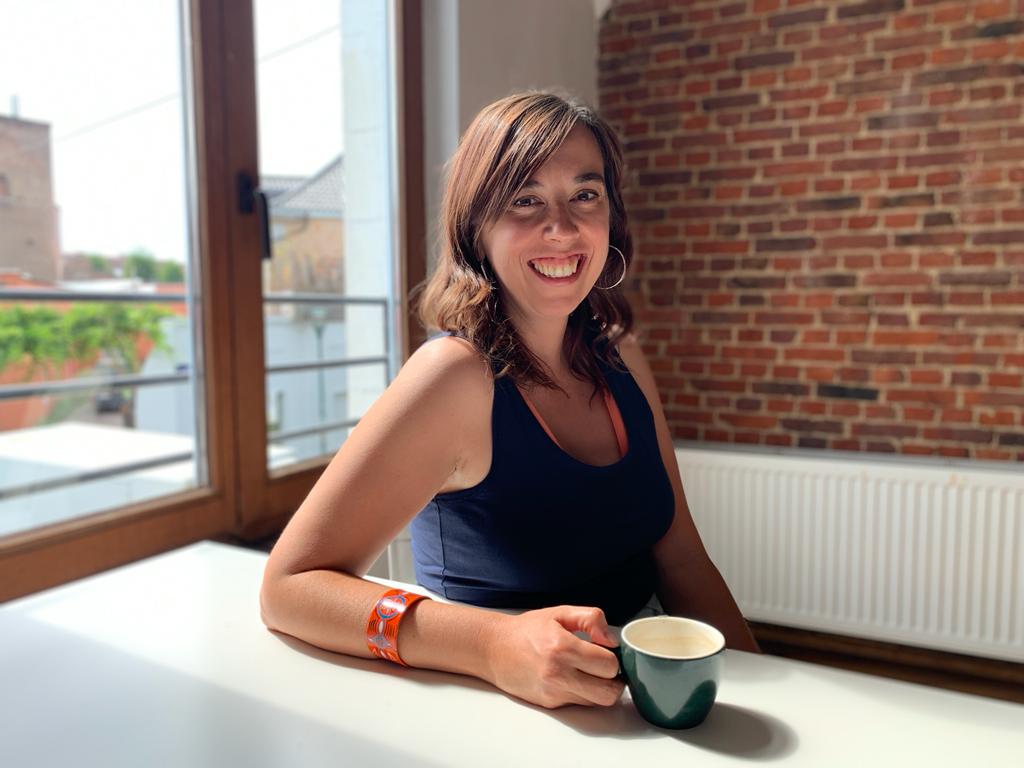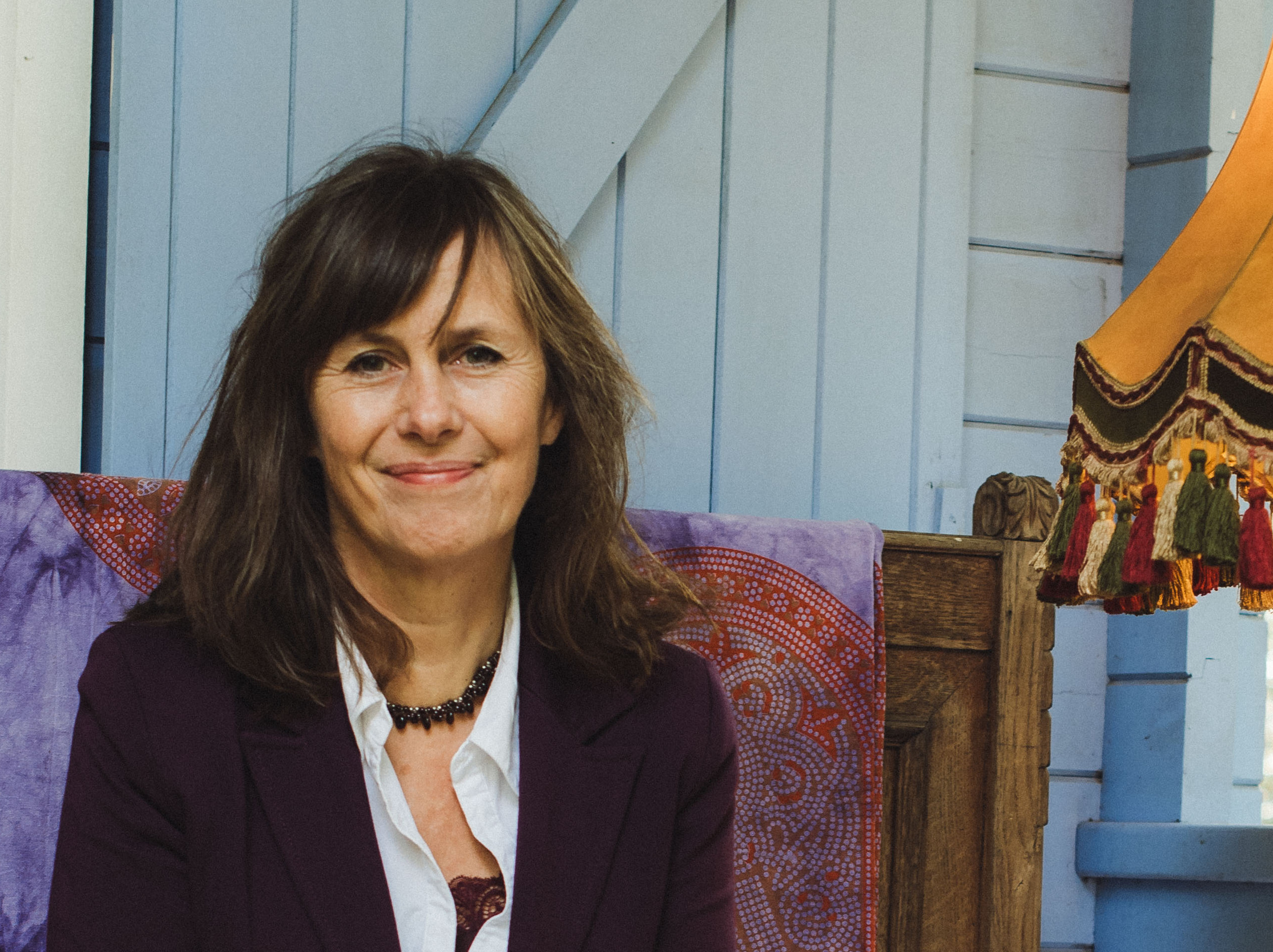From an early age I was driven by a great desire for knowledge and passionate about gathering fundamental insights into people, society and the world. I never had any doubts about studying philosophy. After obtaining my master’s degree from UGent in 1986 (in my thesis I examined the potential and limitations of Artificial Intelligence, a hot topic nowadays) my thirst for knowledge was not quenched, so I continued studying for another three years. First a Bachelor Political and Social Sciences and Bachelor of Applied Economics (University of Antwerp, 1987) and finally a Master of International politics (University of Antwerp, 1989). Later, besides working as a consultant, I completed a one-year post-university program in Business Management (Ehsal Management School, Brussels, 1995).
After I finished studying, there were not many companies who were willing to gamble on a philosopher, certainly in the time of economic crisis in the late eighties, so for the first two years of my career I sold advertising space for a business-to-busienss directory. For me, it was quite a step from the academic world of broad intellectual perspectives and in-depth reflections to the mundane reality of contracts to be closed and sales targets to be achieved. But it was a great lesson in real life and in humility. However, my desire to work with real content issues grew, particularly related to people – which seemed quite logical given my studies in the humnaities – and I managed to get a position as junior recruiter in a small recruitment agency in Antwerp. My first step into the consultancy profession.
A year later I had the opportunity to start work as a consultant for the international consultancy and technology firm PA Consulting. I started working at the Brussels office as a pioneering assessment and development specialist for 8 years and in that time, I built up a successful practice. Eventually, I had enough of all those interviews, competency profiles and psychological analyses and wanted to do something ‘really interesting’, something with complex organizational changes or the like. In 2001 I had the opportunity to switch to the PA Dutch office in Utrecht and to join the ‘business transformation’ practice. Since I had no experience in that area, I had to take a step down in rank, but I didn’t mind because I was willing to do what it took to learn new things. My specialism became the redesigning and transformation of (internal) service organizations, starting with the transformation of HR departments as I had affinity with those from my previous role. At that time, I wrote my first book together with colleague Johan Lourens on the transformation of the HR function with the title ‘HR new style. Excellent, low cost service’(Kluwer, 2006). For years, this was a standard book in third level education, was nominated for the best HR book in 2007 and was published in Germany in 2008 as ‘Profitables Personalmanagement’ (Luchterhand). I worked as a consultant both in the Netherlands and internationally, in the last 10 years mainly for large governmental clients, including national agencies, the 4 big cities in The Netherlands and European public organizations.
The combination of being a philosopher and management consultant is in itself an interesting paradox: the world of abstract thinking and the search for truth on the one hand and that of finding pragmatic and profitable solutions on the other. The philosopher in me had lain dormant in me for years, but gradually came out of hibernation about ten years ago. In my spare time, I began writing frantically about the problems of our world of today. Specifically, I was deeply moved by the global ecological crisis and asked myself how we could live in a sustainable way: how could we reconcile our desire for unlimited personal and economic growth with the limitations of our planet? There appeared to be only two flavors in the debate: either you were for progress, the belief in the quasi-unlimited economic growth and our infinite needs that must be satisfied, or you were for less consumption, and keeping your footprint as small as possible, what often came down to tightening your belt and living in austerity and self-denial. Neither of these alternatives seemed attractive to me, nor did some half-hearted in-between compromises. Out of this came my need to find a 1+1=3 solution, and synthesis at a higher level: how can you still have unlimited growth, both personal and economic, and at the same time reduce the footprint? Can we perhaps grow in our inner world or in the virtual world? Can we, for example, also have the magical experiences we now look for in faraway places in a seemingly banal city park only by paying enough attention? Or as Marcel Proust said: “The real voyage of discovery does not consist of searching for new landscapes, but of having new eyes.” And if that turns out to be difficult, perhaps virtual reality glasses might offer a solution.
At the same time, I saw the paradox theme reflected in many more complex challenges in our society and I had a deep sense that that was precisely where my theme and life’s mission: connecting opposites. But of course, this passion and interest went much deeper than my concern for a better world. The theme of paradoxes touched me so much because I always experienced myself as a barrel of contradictions. According to one test I am a complete extrovert, and according to the other an extreme introvert. A lazy workaholic, a light-hearted pessimist, a output-driven philosopher, a spiritual atheist… That should and would be a book, even if it was only to understand myself better. Two extended sabbaticals later – with a lot of lonely struggle trying to get to the bottom and grasp the essence, and two re-writes – ‘The Art of the Paradoxical Life’saw the light of day in 2013. As a philosopher, I naturally wanted to write the ultimate book about everything, with guidance for a happier life, for better performing organizations and of course for a better world. But my publisher felt the target group for that was a little too broad and advised me to keep it close to myself, in short to focus it on our personal life. Initially I was not all that keen on writing a kind of ‘do-it-yourself-happy-in-3-steps’-book, but nevertheless, took up the challenge. That turned out to be a good choice, because you can only reconcile opposites outside yourself – in organizations and in the broader society – if you can also recognize and connect them in yourself. My three-year course in Psycho-energetic coaching (Epeca, 2006-2008) also helped me and gave me inspiration.
With my second book, Paradoxical Leadership, the management consultant and the philosopher in myself, who up to then led a reasonably separate existence, started talking to each other. In this book, I apply the principles that I had formulated in ‘The Art of the Paradoxical Life’ to a wide range of management issues, such as strategy development, governance, organizational design, change management, innovation, culture, diversity, leadership, talent development and HR….
To my great satisfaction, I notice that the theme is now being picked up everywhere. That was absolutely not the case when my first books came out. Apparently, time and momentum are there. Today, several large organizations in The Netherlands have started working on initiatives to integrate the approach of paradoxical leadership in their daily ways of working. This provides the confirmation that this way of thinking really makes a difference and touches something very fundamental. It’s my ambition to turn this into a real movement that has social impact and that inspires a different way of looking at the challenges of the 21st century, so no shortage of things to do and challenges to meet.
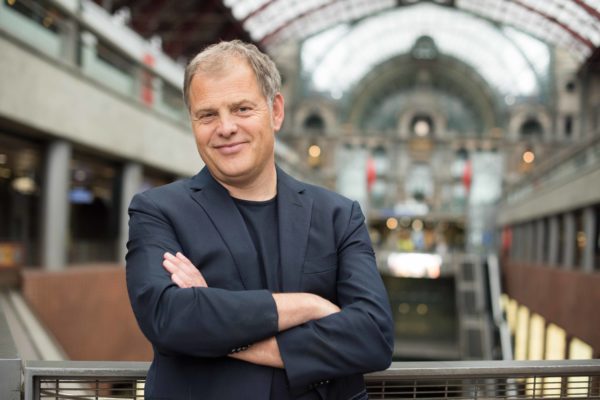 Ivo Brughmans (1965) studied philosophy, international politics and business management. He worked for twenty-five years for a global management consulting firm, supporting organizations in redesigning and transforming their business.
Ivo Brughmans (1965) studied philosophy, international politics and business management. He worked for twenty-five years for a global management consulting firm, supporting organizations in redesigning and transforming their business.



